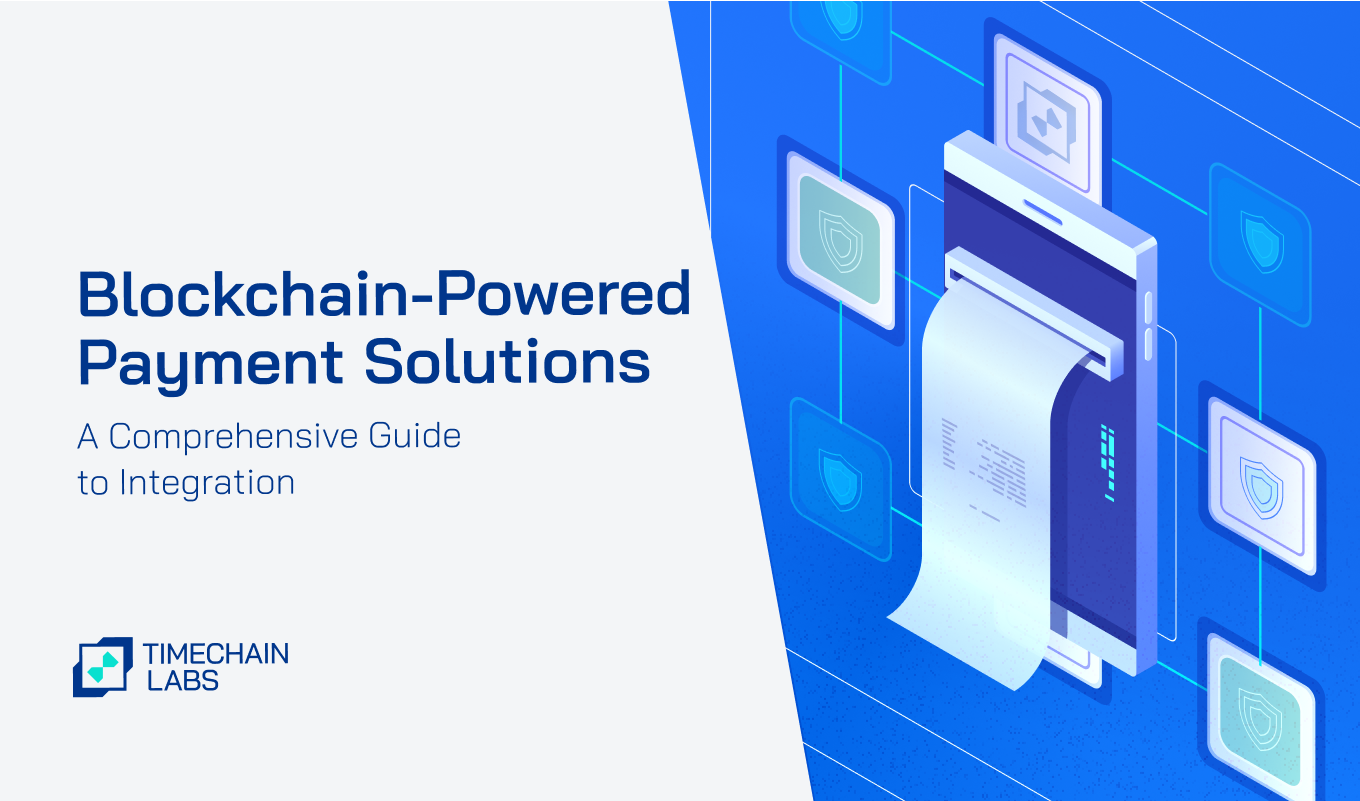Introduction
Before getting into integration, it's important to understand the principles of blockchain technology. Blockchain is a decentralized digital ledger that securely records transactions across several computers. Each transaction is safely encrypted into a block, resulting in a chronological chain of blocks, therefore the term "blockchain."
This decentralized structure eliminates the need for middlemen, resulting in dramatically lower transaction costs and processing times while improving security and transparency.
Choosing The Right Chain
The first crucial step in integrating blockchain-powered payment systems is to pick the right blockchain platform like BSV. With several chains available, each platform provides distinct functionality geared to certain use cases.
To identify the best platform for your company needs, consider scalability, security, consensus mechanisms, and smart contract capability.
Automate with Smart Contracts
Smart contracts are critical components of blockchain-based payment systems because they allow for the automated execution of predetermined terms and conditions without the need of middlemen.
These self-executing contracts are set up to take action when certain circumstances are satisfied, assuring transaction confidence and transparency. To guarantee smooth execution, smart contracts must be carefully designed, including features such as payment periods, validation logic, and error handling systems.
Integration with Gateways
Integrating blockchain-powered payment gateways ensures a smooth flow of transactions between customers and merchants, allowing for real-time settlement and reconciliation. Blockchain platforms provide Application Programming Interfaces (APIs) that expedite the integration process, allowing businesses to accept bitcoin payments while reaping the benefits of blockchain technology.
Payment gateways help organizations of all sizes use blockchain-based payment systems by creating payment addresses and confirming transaction confirmations.
Security
Given the immutability of distributed ledger technology, security is still crucial in blockchain-based payment systems. Implementing strong security mechanisms such as multi-factor authentication, encryption techniques, and role-based access restrictions protects sensitive data and reduces possible cyber threats.
Furthermore, using decentralized identity solutions such as Self-Sovereign Identity (SSI) improves privacy and data ownership, allowing people to securely manage their digital identities.
Regulatory Compliance
Navigating the regulatory landscape is critical when implementing blockchain-powered payment systems, since compliance standards differ by jurisdiction.
Engaging legal specialists who are knowledgeable with blockchain and cryptocurrency legislation enables firms to efficiently traverse regulatory frameworks, ensuring compliance with anti-money laundering (AML) and know-your-customer (KYC) rules. Collaboration with regulatory agencies and industry stakeholders creates an atmosphere that encourages innovation while adhering to legal and ethical norms.
Interoperable Infrastructure
Interoperability is critical to realizing the full potential of blockchain technology, allowing for smooth communication and data exchange across various systems and networks.
Adopting interoperability standards like as Interledger Protocol (ILP) and Atomic Swaps makes cross-chain transactions easier, allowing for interoperability across various blockchain systems and cryptocurrencies.
Wider Acceptance
User acceptance is vital to the success of blockchain-powered payment solutions, necessitating appropriate education and incentives to overcome entrance obstacles. Providing user-friendly interfaces, instructional tools, and incentives for early adopters promotes wider adoption and a thriving ecosystem.
Collaboration with industry influencers and thought leaders strengthens outreach efforts, increasing awareness and boosting acceptance within a wide range of user demographics.
Conclusion
Incorporating new blockchain-powered payment systems has the potential to transform the way organizations transact in the digital era. Businesses that use blockchain technology may improve security, transparency, and efficiency while paving the way for a decentralized financial environment.
Embracing innovation, addressing regulatory challenges, and prioritizing user acceptance are all critical stages toward achieving the revolutionary potential of blockchain-powered payment systems.
